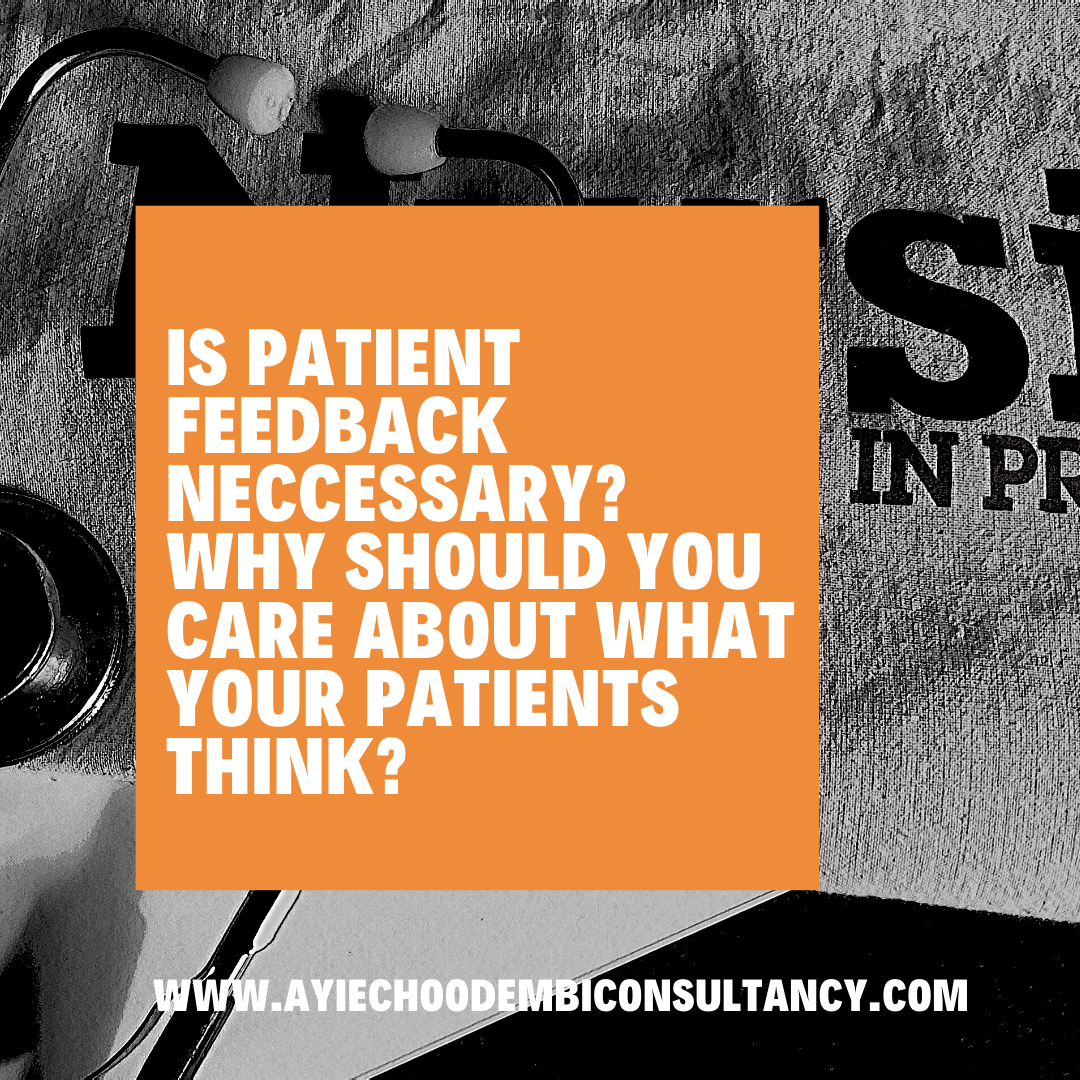Pulse Oximetery

Cervical cancer awareness

Where do broken hearts go? A midnight reflection on mental health and mental health services within hospitals.

Focus on Informed Consent

Do Not Resuscitate- what do your family know?
14 years ago today my very patient better half almost killed me( it’s not what you are thinking).......well it could be argued that I was dead anyway but that's a story for another day ( when i almost became a Never Event statistic!).

Lets talk about Allergy!
Lets talk about Allergy!
Looking at allergy and some of the most common allergens.

The NHS is returning to ‘normal’. Backlog and patient safety

Telemedicine in Kenya - 5 years on!
Telemedicine was meant to revolutionise primary health care delivery in Kenya. Five years on, has it?
Know your rights: Informed Consent.

An interesting piece by Prof. Mutugiis, Vice-chancellor Amref University

Is patient feedback relevant and/or necessary?
Importance of feedback and how it can be used.

